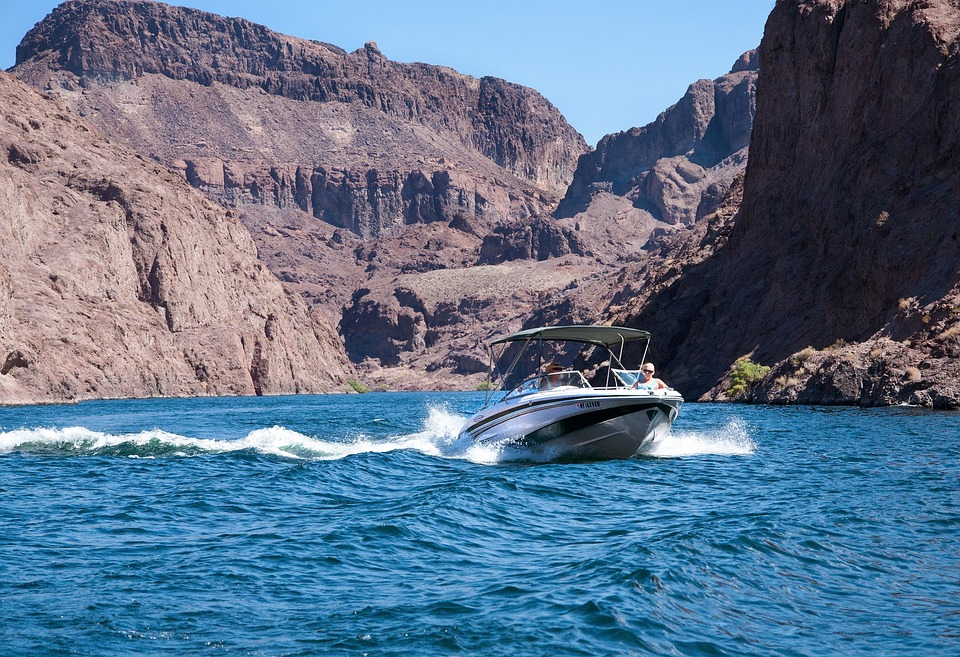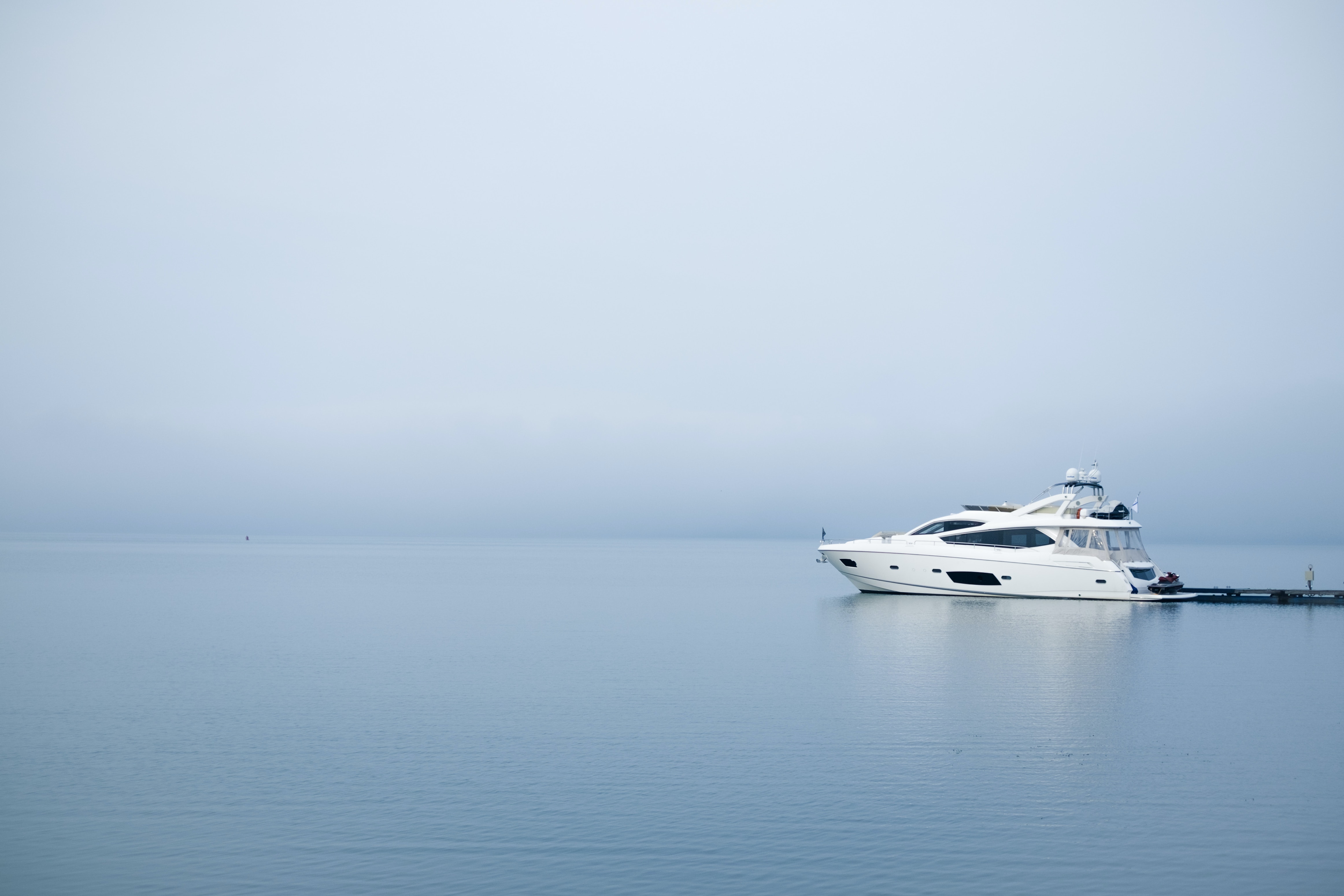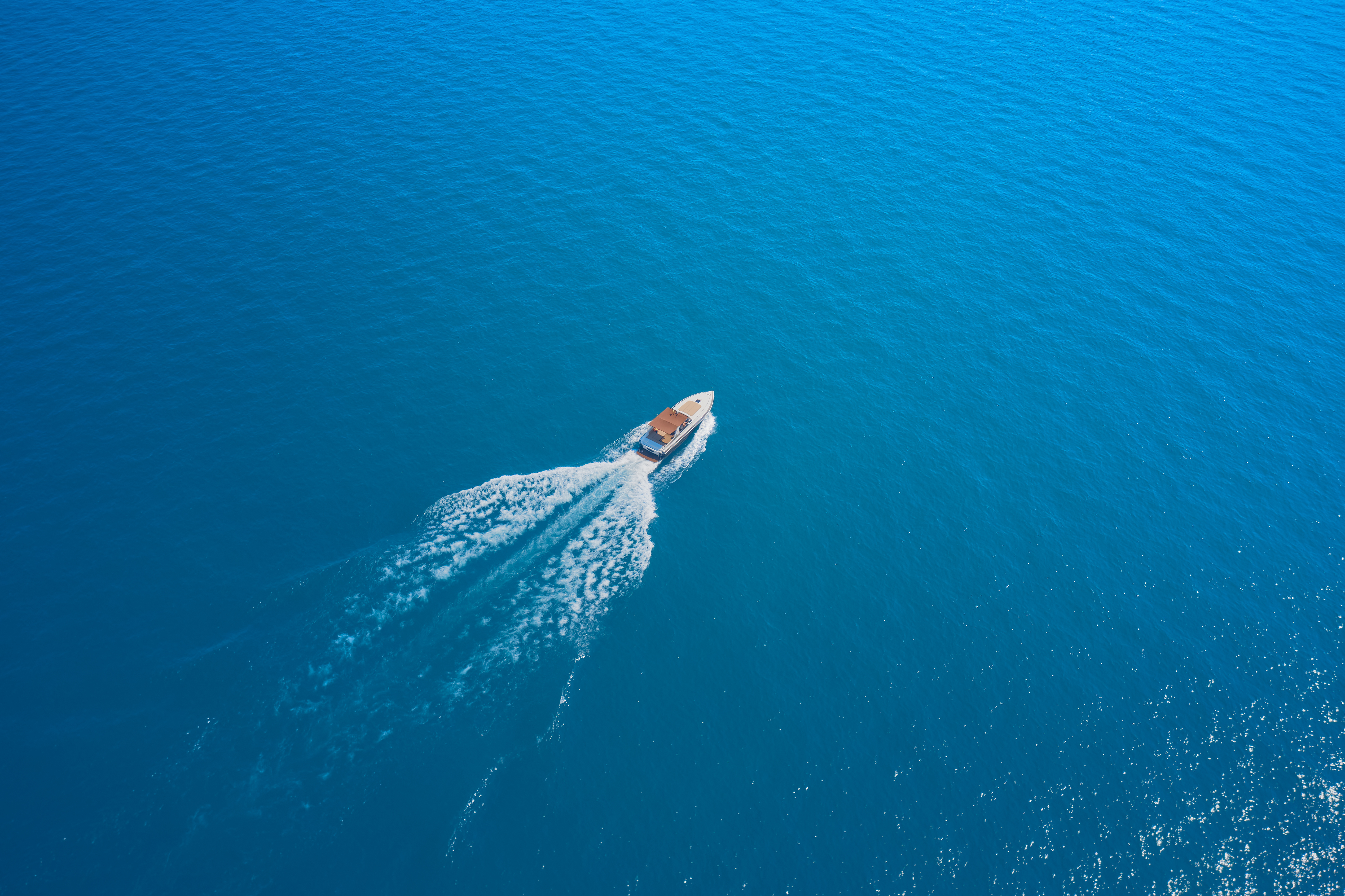
When you’re sailing a UK registered boat from the UK to any other country, you’ll need paperwork for both the boat and the crew onboard. Your boat’s paper, together with your passport, any other personal documents and any country specific documentation or publications you may be required to carry on board, should enable you to satisfy a foreign customs official, if required.
Boat registration and insurance paperwork
Just like when you own a car, you need to make sure all the relevant paperwork is up to date when you boat. Check that your boat registration isn’t about to expire if you’re going on an extended journey and that your insurance stays valid for the entire duration of your trip.
Travel insurance
Travel insurance is a great way to be certain that you’re covered for accidents while abroad.
Passport
Every crew member on board requires a passport. If you’re cruising outside the EU, you might also need a visa. It’s advisable to check before you intend to leave the UK as these can take time to procure.
Certificate of Competence
In UK waters the skipper of a UK registered non-commercial pleasure craft under 24m in length is not required to have a certificate of competence or licence, unless the vehicle is over 80GT. However, this is not necessarily the case in the territorial waters of another country. The requirements vary from country to country so you should establish what is required in advance.
Country Specific Documentation and Publications
In addition, a country may specify requirements such as a crew list or specific publications that must be carried. Vessels navigating the European inland waters are generally required to carry a copy of the local rules. It is important to ensure you are aware of all such requirements.
Courtesy flag
It is customary, but not obligatory, when visiting the waters of another country, to fly the maritime ensign of that country as a mark of courtesy. This is a signal that you acknowledge you’re in their waters and claim protection from the law of the seas.
Boating is a wonderful way to see the world - you don’t want to have to cut your trip short by not having prepared for your journey correctly. It only take some research to ensure that your trip is safe, legal and covered for most unexpected emergencies.
A well-planned excursion is sure to be an unforgettable journey!



